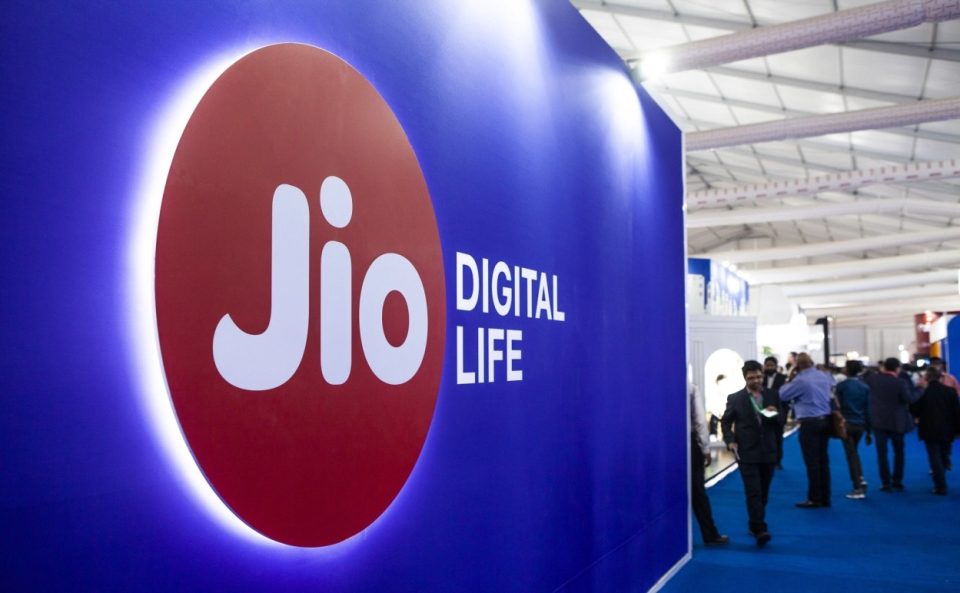In a significant relief for Reliance Jio, the Telecom Dispute Settlement and Appellate Tribunal (TDSAT) came after the Department of Telecommunications (DoT) demanded an increase of Rs 1,300 crore in the Spectrum Utilisation Charge (SUC) for the period 2016-21.
The company has handed over the court to the DoT to calculate the SUC method in cases where the telecom service provider enters into a spectrum-sharing agreement with another operator.
According to the guidelines, the two companies can share a spectrum in the same band.
In calculating the SUC, the DoT has imposed an additional tax of 0.5% on the spectrum sharing between Jio and Reliance Communications on the total spectrum fee in the 800 MHz bands. Jio argued that since it shared spectrum only in the 800 MHz bands, the premium should be levied on this band rather than the total amount. As calculated by the DoT, the company’s full payment has increased by about Rs 1,300 crore.
While TDSAT has put DoT’s plea on hold for the time being, with the next hearing date set for late February, Jio said the telecom department had deviated from the TRAI’s recommendation in its calculation methodology and thus disregarded Section 11 of the Trai Act.
“TRAI’s recommendation was to add 0.5% only in the band in which spectrum is traded, not the entire spectrum. If DoT had differed from this, it should have sent a back reference to the regulator and sought its views, which was not done,” Jio has argued.
Jio has entered into a spectrum-sharing agreement with Reliance Communications in 17 circles within the 800 MHz spectrum between 2016 and 2021. The deal was called off after Jio secured 800 MHz spectrum in a 2021 auction. The same year, the company acquired spectrum in the 800 MHz bands from Bharti Airtel across three circles through a spectrum trading agreement.
 Live
Live

